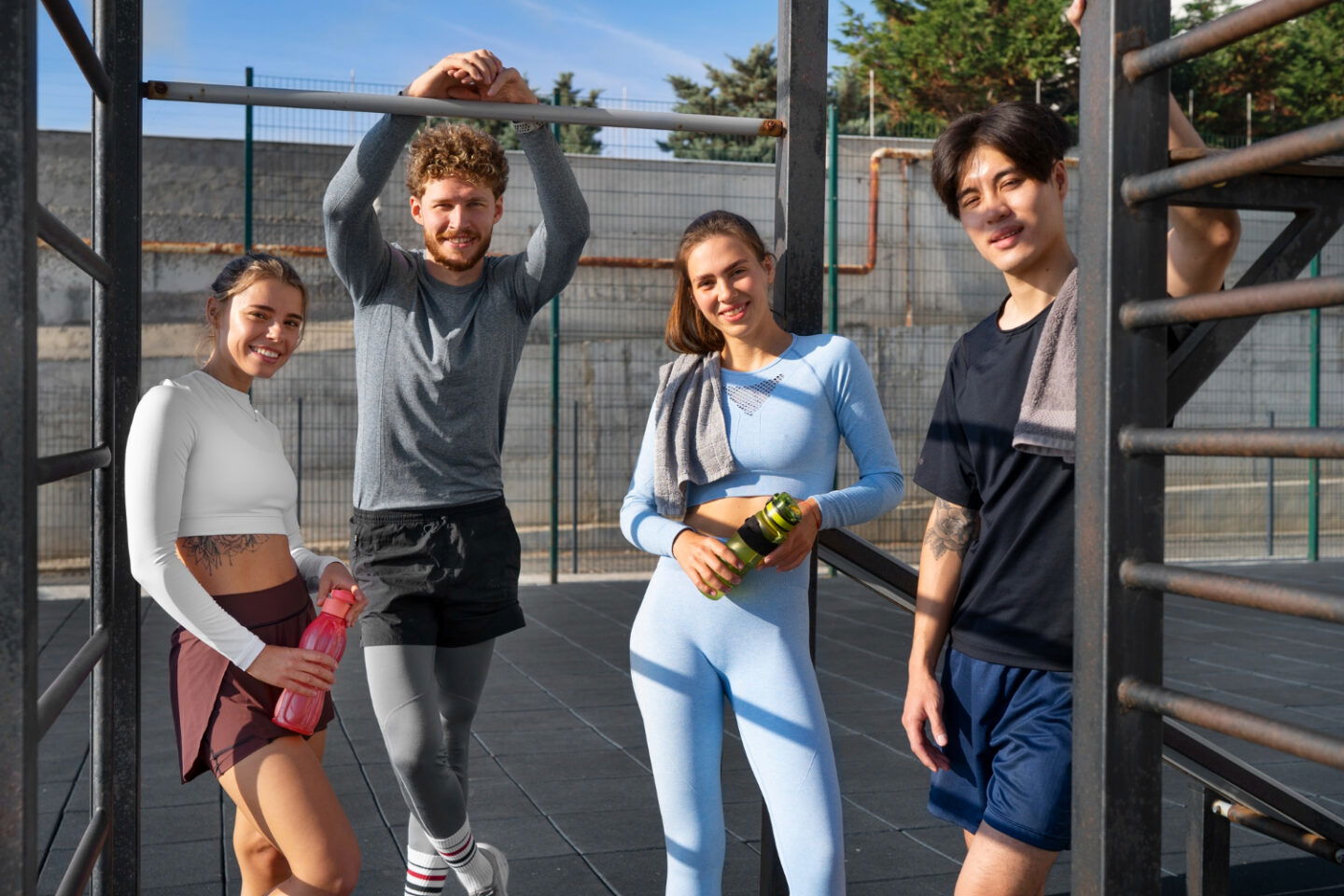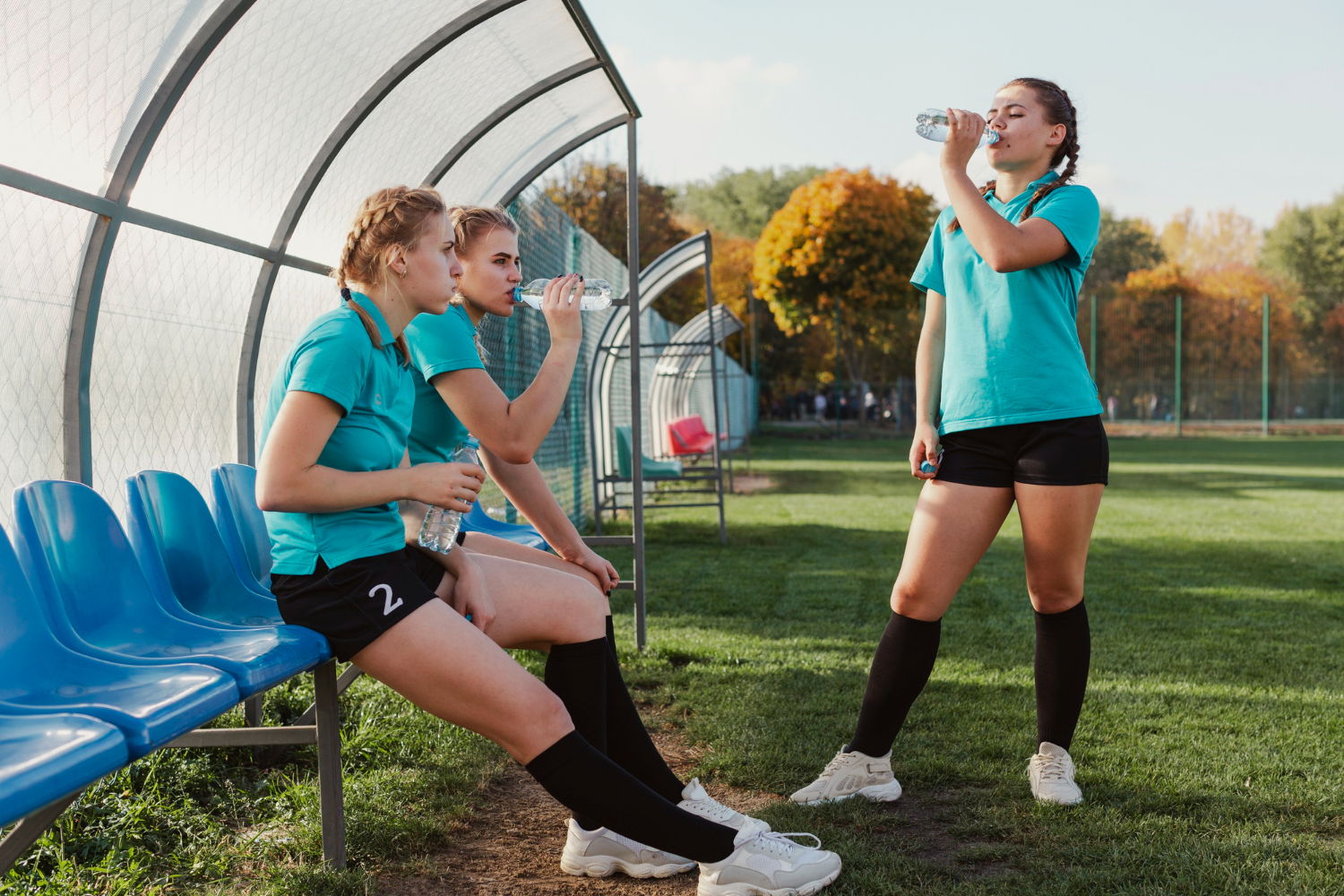Best Revision Resources for IGCSE PE

Achieving strong results in IGCSE PE (Physical Education) involves mastering both theoretical knowledge and practical performance. You must understand anatomy, physiology, training principles, and health-related fitness while analysing and evaluating their chosen sports. As the Cambridge and Edexcel syllabuses differ slightly, choosing accurate and engaging IGCSE PE revision resources is vital. This guide shares the best books, online tools, and study strategies to help you revise effectively and perform at your best.
Need help with your IGCSE PE?
Introduction
IGCSE PE combines the science of how the body works with the skill of performing effectively. It’s an engaging course that blends theory on anatomy, health, and fitness with practical performance.
Balancing training and study can be challenging, so using the right IGCSE PE resources is key. Structured notes, past papers, mark schemes, and online tools help you stay organised and confident as you prepare for top marks.
Understanding the IGCSE PE Exam
The IGCSE Physical Education course combines practical assessment and written exams. It develops your knowledge of health, fitness, and training principles while testing your performance in selected physical activities.
For a detailed breakdown of exam formats, topics, and assessment criteria, you can visit The Ultimate IGCSE PE Study Guide.
Exam Boards and Syllabuses
Two main boards assess IGCSE PE: Cambridge International (0413) and Edexcel (4PE1).
- Cambridge IGCSE PE (0413): Divides the final grade equally between theory (Paper 1) and practical coursework (Component 2). Students are assessed in four practical activities from at least two categories and must complete a written analysis of performance.
- Edexcel IGCSE PE (4PE1): Also split 50% theory and 50% practical. Students complete three practical activities and a Personal Exercise Programme (PEP) instead of a written analysis.
Both boards emphasise a strong understanding of theoretical concepts and how they apply to real-life sporting performance.

Exam Components and Weighting
Each syllabus assesses two main components:
- Theory Paper (50%) covers anatomy, physiology, training, health, psychology, and socio-cultural topics through short and structured questions.
- Coursework or Practical Component (50%) assesses your performance, control, and tactics in selected sports, plus either an analysis and evaluation or a personal exercise programme.
Assessment Objectives
Both exam boards use similar assessment objectives (AOs):
- AO1: Knowledge and understanding of theoretical principles.
- AO2: Application of knowledge and analysis of performance.
- AO3: Practical performance and effective skill execution.
Cambridge weights AO1 and AO2 equally for theory and AO3 for practical work, so knowing these objectives helps you plan study time wisely and focus on what examiners value most.
How to Choose the Best IGCSE PE Revision Resources
The most effective IGCSE PE revision resources help you connect theory and practice. When choosing resources, look for:
- Exam board accuracy. Use materials written for your specific syllabus (Cambridge 0413 or Edexcel 4PE1).
- Strong visuals. Diagrams of muscles, bones, and body systems help you retain information.
- Sport examples. Relating theory to familiar activities improves understanding.
- Exam feedback. Use mark schemes and examiner reports to see what earns top marks.
- Variety. Mix textbooks, videos, quizzes, and printed notes to stay engaged.
For example, study cardiovascular function from your textbook, watch a short video on gas exchange, and test your recall with flashcards or past papers. Using varied tools keeps revision active and practical, just like the subject itself.
Top Revision Resources for IGCSE PE
High-quality revision resources give structure to your study routine and help you cover all parts of the syllabus. Below are key materials worth including in your preparation plan.
Recommended Textbooks and Study Guides
Good textbooks explain concepts clearly and include diagrams and examples from sport. Reliable options include:
- Cambridge IGCSE Physical Education Student Book by John Honeybourne – closely aligned with the 0413 syllabus.
- Edexcel IGCSE PE Student Book by Tony Scott – covers theory and practical requirements for 4PE1.
- The Ultimate IGCSE PE Study Guide (TutorsPlus, 2025) – a concise, practical reference tailored to both Cambridge and Edexcel, summarising key topics and exam tips.
Use these books for in-depth explanations and to create your own summaries.
Past Papers and Mark Schemes
Regularly practising past exam papers is one of the best ways to build confidence and improve performance. Work through a paper each week under timed conditions, check your answers using the official mark schemes, and review where you lost marks to refine your exam technique.
Interactive Online Platforms
Interactive websites make learning more engaging and help test your knowledge in short, focused sessions. Platforms like BBC Bitesize for summaries and quizzes and Quizlet for flashcards on anatomy and training principles are excellent for daily revision and spaced practice.
Video Tutorials and Visual Learning Tools
Videos make complex PE concepts easier to grasp and show them in real action. Channels like PE Exam Academy, The EverLearner, BBC Teach, and TED-Ed explain movement, fitness, and sport science clearly, helping visual learners understand topics like levers, joints, and energy systems faster.
Revision Notes and Printable Resources
Condensed revision notes make excellent last-minute study tools. Printable charts, mind maps, and summary sheets help organise information clearly. Creating your own notes is also powerful. Writing definitions of terms like cardiac output or aerobic respiration improves memory recall far more than just reading.
Exam Technique and Practice Resources
Strong exam technique can greatly improve your grade. Review examiner reports for common errors, practise timed answers, and use command words like describe, explain, and evaluate correctly to match marking expectations.
Using a mix of reliable textbooks, past papers, and interactive tools ensures complete preparation and helps you build both knowledge and exam confidence for IGCSE PE.
Need help with this subject?
100 % of tutors are certified teachers and examiners
How to Use PE Revision Resources Effectively
Simply having resources isn’t enough. It’s how you use them that matters most. Here are some practical strategies:
- Link theory with activity. For example, when you train, identify which muscles and joints are working.
- Create visual mind maps. Use colours and simple diagrams to connect topics like energy systems or fitness components.
- Use active recall. Test yourself with flashcards instead of rereading notes.
- Apply examiner feedback. Study model answers to learn what earns high marks.
- Record and review. Film your practical sessions, then evaluate your performance against the coursework criteria.
This combination of active practice and reflection mirrors how examiners expect you to think and perform.

Tips for Effective IGCSE PE Revision
A well-structured revision plan combines scientific understanding, practical knowledge, and exam familiarity.
Understand the Science Behind Performance
Break down each system, such as the skeletal, muscular, respiratory, and cardiovascular systems. Learn how they work together to produce movement and endurance. Link this knowledge directly to performance in your chosen sport.
Use Sporting Examples in Every Answer
Examiners look for applied understanding. Instead of explaining “flexion” in theory, describe it during a football kick or gymnastics routine. Sport-specific examples show deeper comprehension.
Balance Practical and Theoretical Preparation
Dedicate equal time to training and written study. Regular practice maintains your skill level for the practical component, while theory sessions build your exam confidence.
Practise Data and Graph Interpretation
Some questions include data on heart rate, fitness tests, or performance statistics. Practise interpreting graphs and drawing short conclusions, as these often carry easy marks.
Avoid Common Mistakes
Many students lose marks by forgetting to include sporting examples, confusing aerobic and anaerobic respiration, overlooking links between theory and their activities, or ignoring command words in exams. Recognising these mistakes early and practising concise, well-structured answers can make a big difference to your final grade.
Consistent practice, clear understanding, and thoughtful application of theory to real performance are the keys to effective IGCSE PE revision.
Start Your IGCSE PE Revision Today
Starting early gives you time to revise theory, train consistently, and build confidence before the exam. Using your syllabus as a checklist helps ensure every topic is covered and no area is left behind.
If you’d like more structured support, TutorsPlus offers individual guidance tailored to your needs. Working with an experienced IGCSE PE tutor provides focused lessons, detailed feedback, and exam preparation aligned with both Cambridge and Edexcel standards. Contact or call +41 22 731 8148 to book a free trial.
Frequently Asked Questions (FAQ)
What is covered in the IGCSE PE syllabus?
Topics include anatomy and physiology, movement analysis, training methods, health and wellbeing, sport psychology, and socio-cultural influences.
What are the main differences between Cambridge and Edexcel IGCSE PE?
Cambridge requires four practical activities and a written analysis, while Edexcel involves three practicals and a Personal Exercise Programme (PEP).
How can I balance theory and practical revision for IGCSE PE?
Alternate between theory sessions and physical training. Link each sport skill with its theoretical principle.
What are the best IGCSE PE textbooks to use?
The Cambridge IGCSE PE Student Book and the Edexcel IGCSE PE Student Book are all reliable choices.
Are there any good online resources for IGCSE PE revision?
BBC Bitesize and Quizlet offer excellent interactive tools for revision.
How important are past papers for IGCSE PE preparation?
Extremely important. They show question styles, help you manage time, and highlight areas to improve.
How can I improve my answers in the written PE exam?
Use specific sport examples, follow command words carefully, and practise structured writing.
What is the best way to revise anatomy and physiology for PE?
Use labelled diagrams, watch short videos, and test yourself using flashcards.
How can I prepare for the practical performance assessment?
Train regularly, record performances, and review them against the official marking criteria.
How far in advance should I start revising for IGCSE PE?
Begin structured revision at least three to four months before your exam. This allows time for consistent theory practice and physical preparation.
By Sara Lloyd
Sara has been an education consultant for TutorsPlus for 15 years, and is an expert on international IB education. She is also a parent of two lively children.





